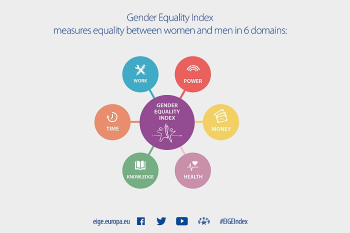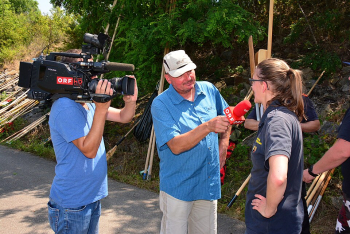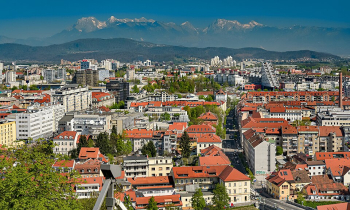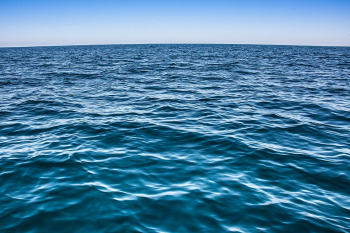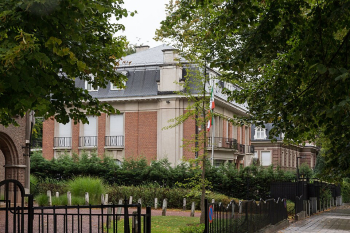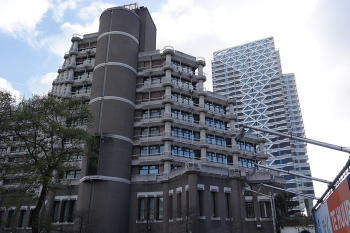
Amid the ongoing political turmoil following the military coup led by General Abdourahamane Tiani in Niger, concerns have arisen about France's dependency on the uranium
mining operations conducted by the French conglomerate Orano. These concerns extend to the potential implications for France's energy self-sufficiency.
Authored by Assma Maad, this article was first published on August 4, 2023, at 8:30 pm (Paris), and it was updated on August 7, 2023, at 3:57 pm. The piece delves into the intricate relationship between France and Niger in terms of uranium mining and its critical role in France's energy landscape.
In the wake of the coup, France promptly executed the evacuation of 600 French citizens from Niger on Wednesday, August 2. However, beyond the immediate security measures, the unstable political environment has also triggered economic apprehensions.
France's unease centers predominantly around the exploitation of Niger's uranium resources and the potential ramifications on its energy independence. Uranium extracted from Niger serves as a vital component for the functionality of French nuclear power plants. For over forty years, the French nuclear fuel cycle enterprise Orano (previously known as Areva) has harnessed this natural resource for its nuclear operations.
Presently, Orano, with 90% ownership by the French state, oversees three uranium mines in Niger. Among these mines, one is operational, namely the Aïr mines near Arlit, situated in the northern desert expanse of Niger. Despite nearing depletion, these mines will remain operational until 2040. The Akokan mining site, approximately ten kilometers from Arlit, has ceased operations since March 2021 due to depleted reserves. The Compagnie minière d'Akouta, 59%-owned by Orano, is actively engaged in a redevelopment initiative for this site. Furthermore, Orano retains a 63.52% stake in the Imouraren mine, boasting one of the world's largest uranium deposits. However, due to unfavorable market conditions, production was halted in 2009 after an operating permit was issued.
Orano has confirmed its commitment to sustain mining activities despite the political upheaval in Niger. In a statement on Thursday, August 3, the group announced the continuation of operations at sites in Arlit and its headquarters in Niamey. This continuation is adapted to accommodate the prevailing curfew in Niger.
In terms of uranium supply, Niger ranks among France's top three suppliers. The energy conglomerate EDF, responsible for operating the fifty-six nuclear reactors within France's eighteen power plants, annually requires around 8,000 tons of natural uranium. Following the cessation of domestic mining in the early 2000s, France diversified its sources, turning to multiple nations to secure its supplies.
In 2022, France's uranium imports were sourced from five countries:
Kazakhstan (23,822 tonnes)
Niger (17,615 tonnes)
Uzbekistan (16,792 tonnes)
Australia (12,349 tonnes)
Namibia (12,303 tonnes)
Over the past decade, of the 88,200 tonnes of natural uranium imported, a significant share originated from Kazakhstan (27%), Niger (20%), and Uzbekistan (19%). While Niger's contribution is crucial, certain politicians tend to overemphasize its significance.
On a global scale, however, the importance of Niger as a uranium producer has diminished over the years. Factors such as high production costs and declining prices, exacerbated by the aftermath of the Fukushima nuclear disaster in 2016, have reshaped Niger's role. By 2022, Niger accounted for only 4% of global uranium production, lagging behind leaders like Kazakhstan (43%), Canada (15%), Namibia (11%), and Australia (8%). Photo by NigerTZai, Wikimedia commons.


